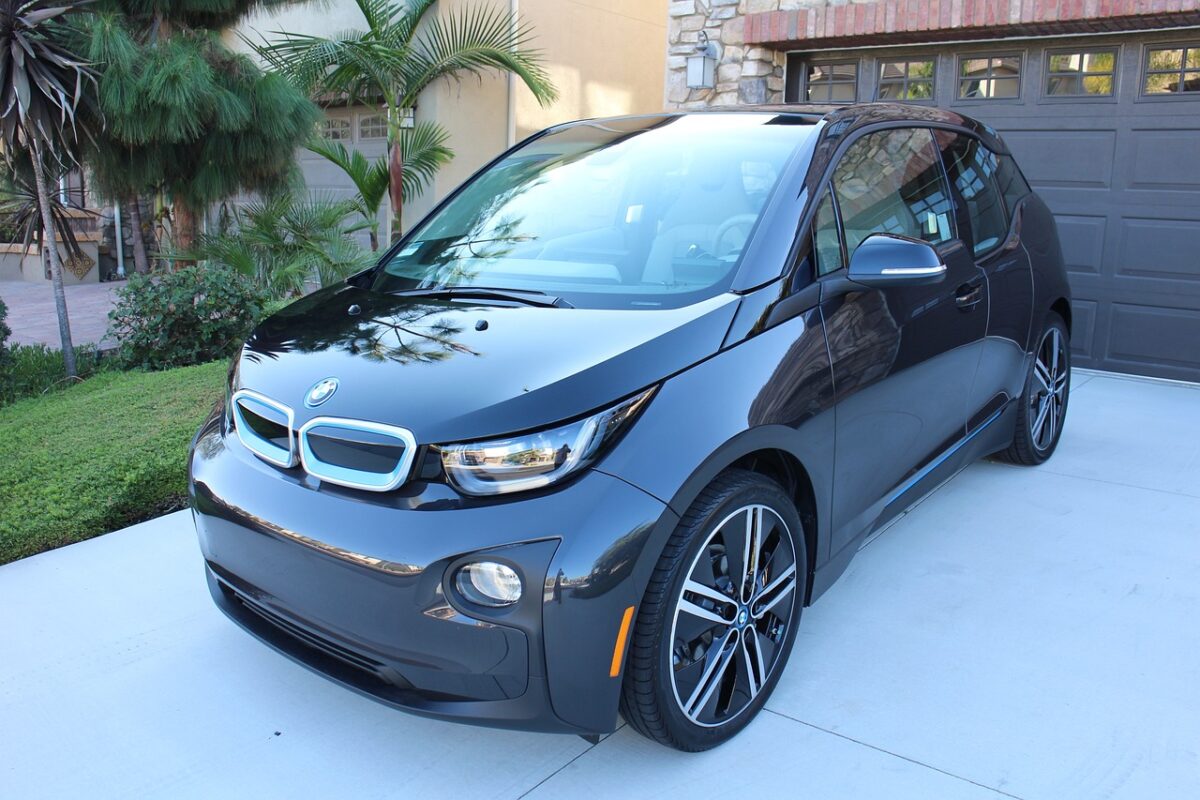When it comes to purchasing a new car, there are many variables besides just the sales price to consider. One of the most significant factors is your insurance costs. When deciding between a traditional gas-powered car and an EV, you should understand the potential differences between insurance rates. Insurance premiums are based on many factors, which we will discuss in this article. Remember, before buying any car, you can call your insurance company to evaluate what your insurance costs may be. Let;s take a closer look at the factors that affect your EV car insurance premiums.
Factors Influencing Traditional and EV Car Insurance Premiums
- Vehicle Cost: Electric vehicles generally have a higher upfront cost than traditional internal combustion engine (ICE) vehicles. Even though prices are becoming more competitive, EVs are often more expensive due to the cost of the battery, which is one of the most expensive components of an electric car. Insurance companies take this into account because, in the event of a total loss (such as a severe accident or theft), they would have to pay more to replace or repair an expensive vehicle. In Florida, where there is a significant number of luxury EVs, the cost of insuring these vehicles can be particularly high compared to traditional vehicles.
- Repair Costs: The repair costs for electric vehicles can also be higher than for traditional cars, leading to higher insurance premiums. EVs use more specialized parts, and finding a repair shop with the expertise to fix electric motors and high-voltage systems can be more difficult and costly. In Florida, where there’s abundant sunny weather that leads to car aging due to UV exposure, these specialized repair costs can be even more prominent. Additionally, many EVs use composite materials (like carbon fiber) in their construction, making repairs more expensive. When an accident occurs, parts specific to EVs (like batteries and electric drivetrains) can be more expensive to replace than the components in conventional vehicles.
- Safety Features: On the positive side, many EVs have advanced safety features and modern technology that can reduce accident rates. For example, EVs often come equipped with automatic emergency braking, adaptive cruise control, and lane-keeping assistance. These features can reduce the likelihood of accidents, which in turn may lower insurance premiums. The Tesla Model 3, for example, has earned high safety ratings.
- Theft Risk: Theft can be a concern for both traditional cars and electric vehicles, but the difference lies in what’s often targeted. While traditional cars might have parts like catalytic converters or high-demand engines stolen, EVs have valuable components, particularly the batteries, which can attract theft in some cases. Despite these factors, EVs are often less likely to be stolen due to their more specialized nature and the smaller pool of people who can easily access parts or understand how to resell them. An EV may be less at risk of theft than a popular, high-demand model of a conventional vehicle. However, if the EV is stolen, it could lead to higher claims due to the increased cost of replacing the car.
- State Incentives and Coverage: In some cases, Florida drivers may be eligible for specific discounts on insurance premiums for driving electric vehicles. While Florida itself does not offer extensive state-level insurance discounts for EV owners, some insurance companies may provide incentives if the vehicle qualifies for an environmental discount or if the owner participates in a green initiative. Additionally, some EV insurance policies offer specialized coverage, such as specific protection for the battery, which can be an added cost. These policies are often available from insurers who have specific experience and understanding of the unique needs of EV drivers.
- Availability of Insurance: As electric vehicles become more popular, more insurance companies are beginning to understand and cater to the specific needs of EV drivers in Florida. However, not all insurance companies may be experienced with electric vehicles yet, and those that might charge higher premiums based on the abovementioned factors. In Florida, where insurance rates tend to be higher than the national average due to factors like high accident rates, weather conditions, and the number of uninsured drivers, EV owners may experience even higher premiums due to the reasons above.
However, as stated, as EVs become more popular, you can expect better and more affordable insurance coverage.
Overall, electric vehicles are still associated with higher insurance premiums than traditional gasoline-powered vehicles. However, this gap is narrowing as EV technology becomes more common and insurers gain more experience with these types of vehicles.
If you want to insure a luxury vehicle in Florida, whether gas-powered or EV, call Anderson & Associates Insurance Group. We have significant expertise and are here to help.









